Year published :July 2011
Pages :238 (xix+219) pp.
Size :14x21 cm.
Rights :Southeast Asia
ISBN: 9786162150234
Revolution Interrupted: Farmers, Students, Law, and Violence in Northern Thailand
by Tyrell HaberkornIn October 1973 a mass movement forced Thailand’s prime minister to step down and leave the country, ending nearly forty years of dictatorship. Three years later, in a brutal reassertion of authoritarian rule, Thai state and para‐state forces quashed a demonstration at Thammasat University in Bangkok.
In Revolution Interrupted, Tyrell Haberkorn focuses on this period when political activism briefly opened up the possibility for meaningful social change. Tenant farmers and their student allies fomented revolution, she shows, not by picking up guns but by invoking laws—laws that the Thai state ultimately proved unwilling to enforce. In choosing the law as their tool to fight unjust tenancy practices, farmers and students departed from the tactics of their ancestors and from the insurgent methods of the Communist Party of Thailand. To first imagine and then create a more just future, they drew on their own lived experience and the writings of Thai Marxian radicals of an earlier generation, as well as New Left, socialist, and other progressive thinkers from around the world. Yet their efforts were quickly met with harassment, intimidation, and assassinations of farmer leaders. More than thirty years later, the assassins remain unnamed.
Drawing on hundreds of newspaper articles, cremation volumes, activist and state documents, and oral histories, Haberkorn reveals the ways in which the established order was undone and then reconsolidated. Examining this turbulent period through a new optic—interrupted revolution—she shows how the still unnameable violence continues to constrict political opportunity and to silence dissent in present‐day Thailand.
What others are saying
“Tyrell Haberkorn’s courageous book tells an open‐ended, evocative narrative about the violence and radicalism of the 1970s in Thailand.” — Tamara Loos, Cornell University
“In rethinking what constitutes revolution, Haberkorn also addresses other parts of the world where we see a similar sequence—agrarian movements shut down by military coups and repression, a turn to ‘alternative’ development through NGOs, and, more recently, a re‐emergence of these movements.” — Peter Vandergeest, York University
“Tyrell Haberkorn rediscovers the agrarian radicalism that brought together farmers, students and teachers in a coalition that threatened entrenched interests. In her astute analysis of these events, she detaches ‘revolution’ from doctrinaire definitions to show how tenant farmers and activists used the law to advance land rent reform and turn the world upside down.” — Craig J. Reynolds, Australian National University
Highlights
- A bold analysis of the agrarian radicalism of the 1970s in northern Thailand
- Provides a framework for interpreting the political violence of 1973–76
- Documents the struggle of tenant farmers and activists for agrarian reform
- Draws on newspaper articles, cremation volumes, activist and state documents, and oral histories
- Explores the legacies of this “interrupted revolution” in Thailand today
About the Author
is a research fellow in the Department of Political and Social Change in the School of International, Political and Strategic Studies at Australian National University.
Reviews
- Imagining revolution without violence: A new book chronicles 60 years of government suppression of revolts by poor Thai farmers and argues that the parallels to contemporary uprisings are too stark to deny. Review by Achara Ashayagachat (Bangkok Post, 21 August 2011)


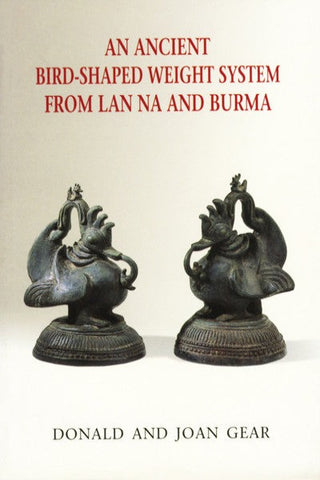
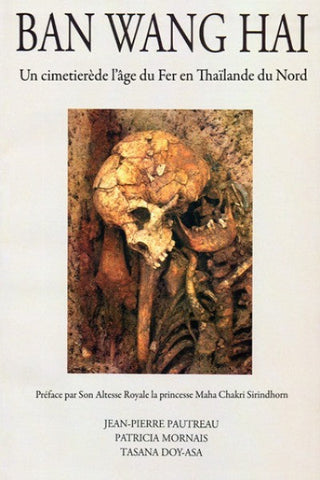

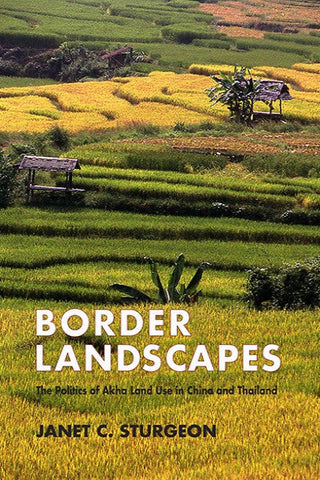
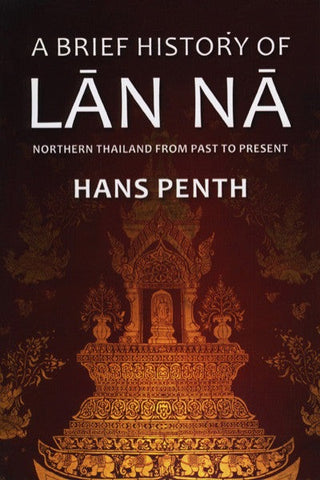
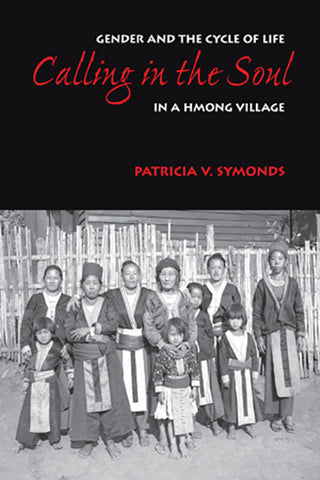
Share this item: